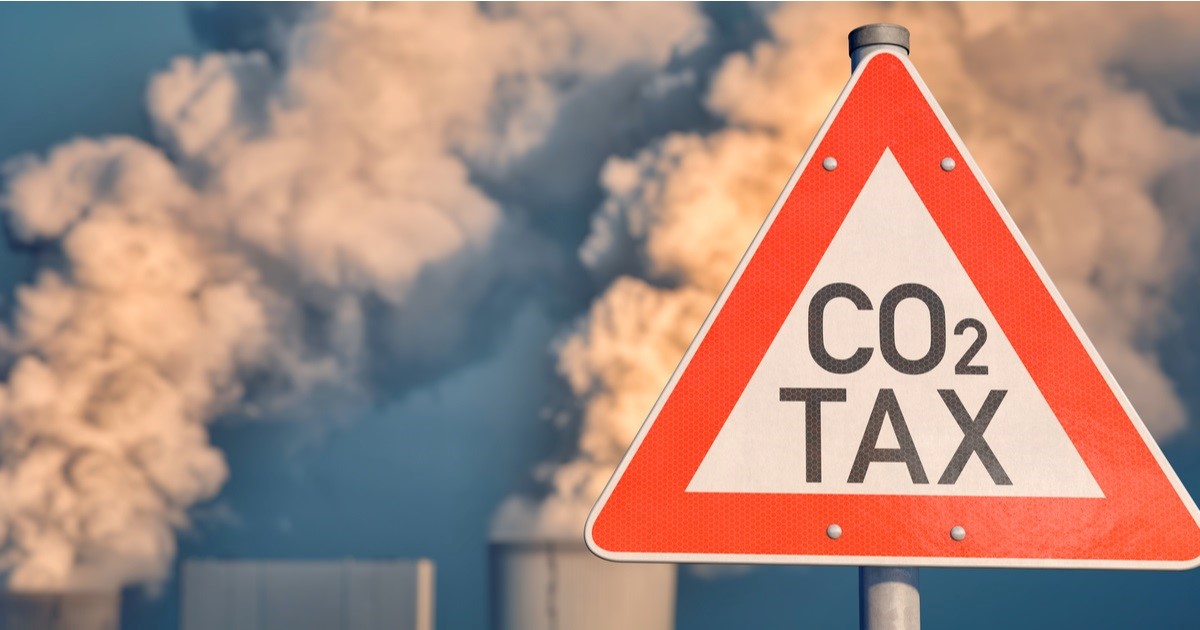

The European Union has initiated the rollout of a groundbreaking carbon border tax intending to mitigate the environmental consequences associated with imported products, including aluminium, steel, fertilizer and cement.

On Sunday, October 1st, 2023, the EU introduced the new tariff (CBAM), which mandates importers of aluminium, cement, iron and steel, fertilizers, electricity, and hydrogen to report their production emissions when entering the European Union.
In 2026, emissions from imported goods will be subject to a charge, requiring importers to purchase certificates corresponding to the amount of carbon emissions generated during production. EU claimed, "Climate change is a global problem that needs global solutions."
This measure aims to counteract "carbon leakage," a phenomenon where companies relocate their operations to regions with less stringent climate policies. Import prices will be aligned with the carbon expenses associated with domestic production, as determined by the EU's emissions trading scheme.
Paolo Gentiloni, the European Union Commissioner for Economy, said, "The Carbon Border Adjustment Mechanism is not about trade protection. It is about protecting the EU's climate ambition and seeking to raise the level of climate ambition worldwide."
Responses








